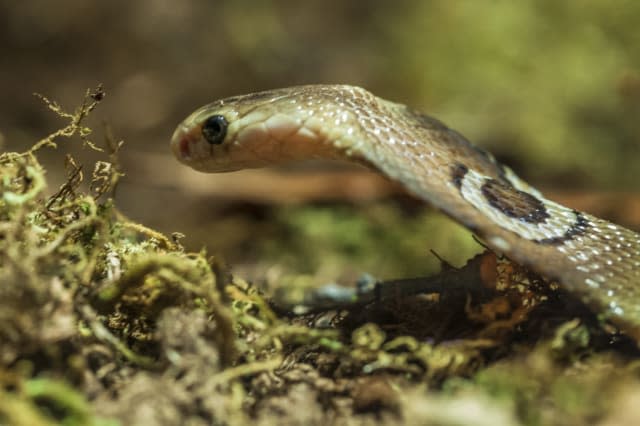"People will die": Snake antivenom running out worldwide

A charity has warned that tens of thousands of people will continue to die unnecessarily from snakebite as the world is running out of antivenom.
Médecins Sans Frontières/Doctors Without Borders (MSF) says snakebite is a major killer but remains one of the world's most neglected public health emergencies as the global health community shows worryingly little interest in the issue.
It says a clear focus on adequate treatment and diagnostics is needed to avoid countless deaths.
See also: Star Wars outfit saves man from deadly snake bite
An estimated five million people worldwide are bitten by snakes each year, with 100,000 of these dying and 400,000 left permanently disabled or disfigured.
In sub-Saharan Africa alone, 30,000 people die from snakebite every year and an estimated 8,000 undergo amputations. The number of victims is likely to rise as existing stockpiles of one of the most effective antivenoms for sub-Saharan Africa, Fav-Afrique, are due to expire in June 2016.
MSF snakebite medical advisor Dr Gabriel Alcoba says: "We are now facing a real crisis so why do governments, pharmaceutical companies and global health bodies slither away when we need them most?
See also: British woman in wheelchair after snake bite on Turkey holiday
"Imagine how frightening it must be to be bitten by a snake - to feel the pain and venom spread through your body – knowing it may kill you and there is no treatment available or that you can't afford to pay for it?"
MSF increasingly treats snakebite victims, which include 300 to 400 people in Paoua, Central African Republic per year and over 300 in Agok, South Sudan in 2014. Many of the victims are children.
Snakebite mostly affects people living in rural areas with no health facilities nearby and who cannot afford expensive treatment.
Fav-Afrique, produced by French pharmaceutical company Sanofi, is the only antivenom that has been proven safe and effective to treat envenoming from different types of snakes across sub-Saharan Africa.
The company ceased production of Fav-Afrique in 2014 and the last batch will expire in June 2016. No replacement product will be available for at least another two years, translating into more needless death and disability.
Julien Potet, neglected diseases advisor for MSF, says the World Health Organisation (WHO) should play a leading role to tackle snakebite as a public health issue, but is still considering it as a "neglected condition with no formal programme," despite the high mortality levels.
Related articles
Cute animals that you never knew were dangerous
Island off Brazil home to 'world's deadliest snake' that melts human flesh





